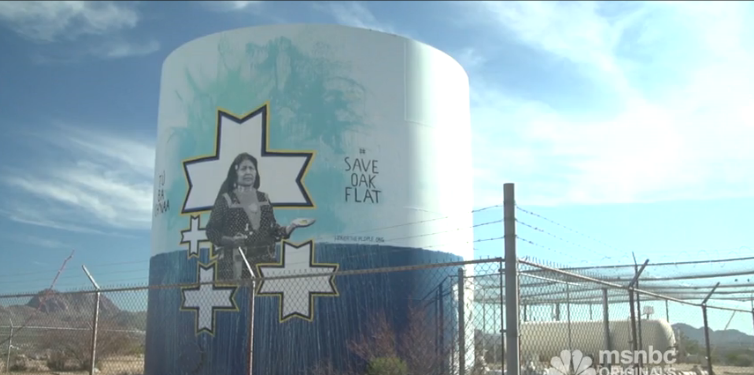Water still a potential graveyard for politicians it seems.
This post content through from an ex-Lincolnite, promoting a song by Anthonie Tonnon...
"We're used to vocal (often artistic in one way or another)
individuals like Sam Mahon who have been highly critical of the removal of the
democratically elected Councillors in 2010 and the associated 'grab' for
Canterbury's water. In recent times there has emerged another artist who has
joined the fray - though from a different perspective. Former Dunedin
singer-songwriter Anthonie Tonnon, who I'd argue is also a great storyteller
having seen him play live recently, has written and sung about arguably the
core the government's 2010 decision Canterbury's groundwater, the Water Underground..."
I'm
still in awe
at how you pulled it all
off
and driving through the
drylands
seeing irrigators
installed
I think about the
coup
you turned the rules on
themselves
you engineered that
miracle
to free the water
underground
they said you'd never take
the council down
but you just found your
way around
called it a national crisis
you were in bed with the
press
you understood from
experience how to
make it fast and hard to
digest oh you
left them dumbfounded,
unemployable
chose their replacements
yourself
all their science from the
cities couldn't keep you
from the water
underground
they said you'd never take
the council down
but you just found your
way around
nine years out of
power
you had time to think it
out
she was one of those
friends
followed the rabbit hole
to its end
and you knew what it meant
to get involved
and the industry couldn't
help you
no, none of the farmers
who owed you
they let you fight in that
pit alone
but with elections still
on hold
with the cattle turning up
by the truckload
you can hear the drills
working now
on that water underground




